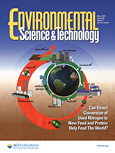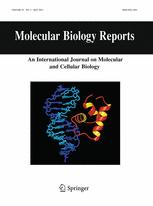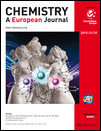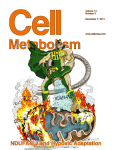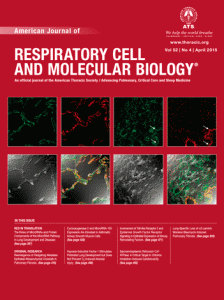Environmental Science & Technology has issued a correction for a March 2015 paper on methane contamination from gas wells after learning that the authors failed to disclose funding from Chesapeake Energy Corp., a major U.S. energy producer.
The paper, “Methane Concentrations in Water Wells Unrelated to Proximity to Existing Oil and Gas Wells in Northeastern Pennsylvania,” came from a group led by Donald Siegel, of Syracuse University. In the correction, Siegel acknowledges having received “funding privately” from Chesapeake for the study, which found: Continue reading Undisclosed industry funding prompts correction of fracking paper
